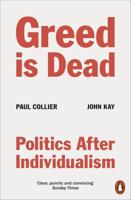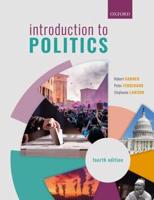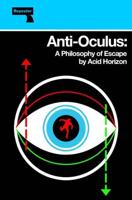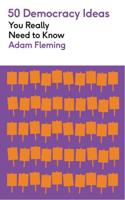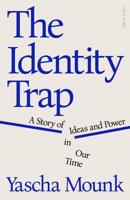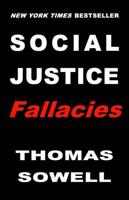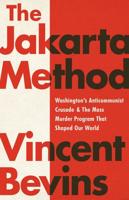Publisher's Synopsis
Excerpt from Lecture on the History Objects of Co-Operation: Delivered at the Co-Operative Hall, Downing Street, Manchester, on Monday Evening, April 22nd, 1878
Without further loss of time to give concert and coherency to the cc-operative movement. At present, they sum up, it is co-operation In name rather than in Spirit and fact, and it remains for this conference to say Whether from the present moment it Shall aim at the performance of a higher and more complete work in a wiser and truer spirit, or whether it shall go on divided and isolated in its parts, spreading discouragement where it fails, and where it succeeds giving birth to a greedy desire for gain, rather than to those higher and more elevating feelings which we have all supposed to be the legitimate result of a true and earnest co-operation. Roused thus to a Sense of its higher duty, the conference went to work and passed a resolution adoptmg the principles laid down as the basis of the Association for Promoting Industrial and Provident Societies, as the true foundation of social reform, approved and passed several sets of model rules, and recommended the adoption of the plans for union of the executive committee. In the discussions two matters were debated, which are far from being satisfactorily settled even yet, - the payment of managers, and of labourers employed by associations. After mucn argument, it was resolved by a large majority that the principle of giving a share of profits to all who had shared in the work was essentially just, and that if it were abandoned co-operative societies would lose their most valuable characteristic. On the other hand, although no resolution was passed, the general feeling was evidently opposed to giving adequate salaries or payment by a share in profits to managers. About the Publisher Forgotten Books publishes hundreds of thousands of rare and classic books. Find more at www.forgottenbooks.com This book is a reproduction of an important historical work. Forgotten Books uses state-of-the-art technology to digitally reconstruct the work, preserving the original format whilst repairing imperfections present in the aged copy. In rare cases, an imperfection in the original, such as a blemish or missing page, may be replicated in our edition. We do, however, repair the vast majority of imperfections successfully; any imperfections that remain are intentionally left to preserve the state of such historical works.
